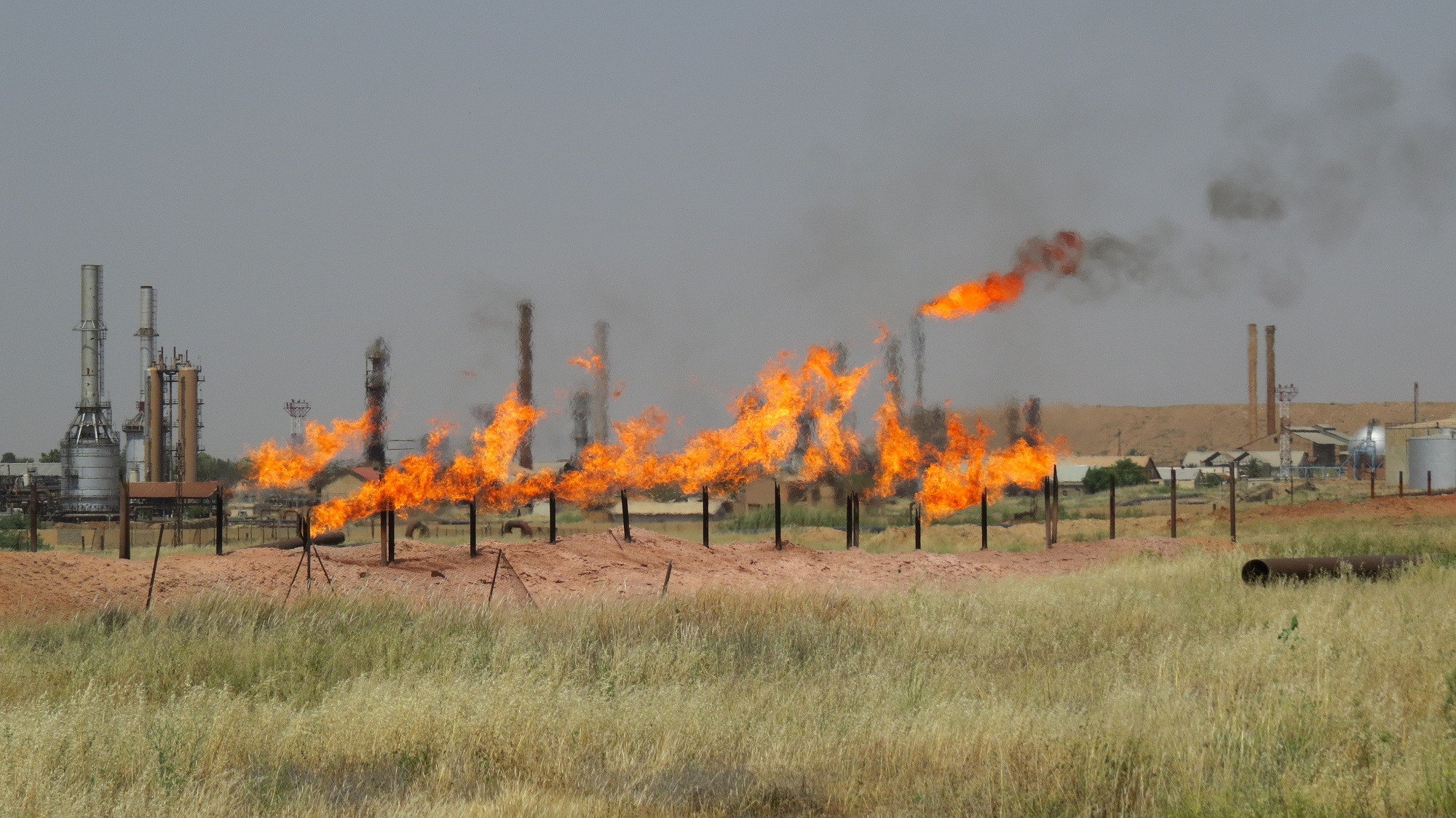British Petroleum (BP) withdraws from Kirkuk oilfields amid its disagreement with the central government over contract renewal.
Yesterday, BP stopped its operations and has planned its full withdrawal from the city.
A source from Kirkuk Oil Company in Kirkuk confirmed to KirkukNow that, “until Monday (January 20) BP continued its operation but stopped it.”
The source explained that based on the company’s contract with the central government, BP was supposed to bring new machines worth $100 million and develop the oil fields, aiming at doubling oil productions in the city in a year.
“The renewal of the contract depended on the company’s ability to boost oil productions from which it would take its additional share of the oil revenue. And if it fails to boost oil productions, it would be reimbursed for the expenses,” the source explained.
BP and the Ministry of Oil singed the contract in 2013.
In 2014, with the emergence of ISIS, BP withdrew from Kirkuk and moved back to the city after the withdrawal of the Kurdish forces in October 16, 2017.
Ahmad Askari, who was head of Oil and Gas Committee in the dissolved Kirkuk’s provincial council, said, “the company withdrew and I think it is because of their request to expand its operations in all the oilfields, not only few, as they were promised to renew their contract in return for boosting oil productions.”
In 2018, the company signed another agreement to triple exports in Kirkuk.
From July 2017 to early months of 2019, oil exports from the five major oil fields in Kirkuk stopped because of the conflicts between the federal and regional government.
The two major Kirkuk oil fields, Havana and Bai Hassan were under the control of the Kurdistan Regional Government (KRG) which exported 250 thousand barrels of oil per day from the two fields.
Since the withdrawal of Kurdish forces on October 16, 2017 in Kirkuk, the federal government has controlled Kirkuk oil fields which are Havana, Bai Hassan, Khabaza, Jambor and Qubai Baba.
Kirkuk and other deputed areas came under the control of federal government through a military operation which reimposed federal authority and forced Kurdish forces to withdraw from the areas.
In 2018, prior to federal government agreement with KRG to export Kirkuk oil through Jihan pipeline, Iraqi government exported 30 to 60 thousand barrel of oil per day to Iran through trucks.





